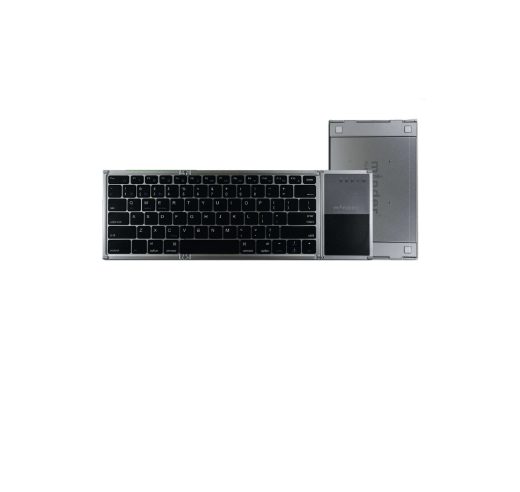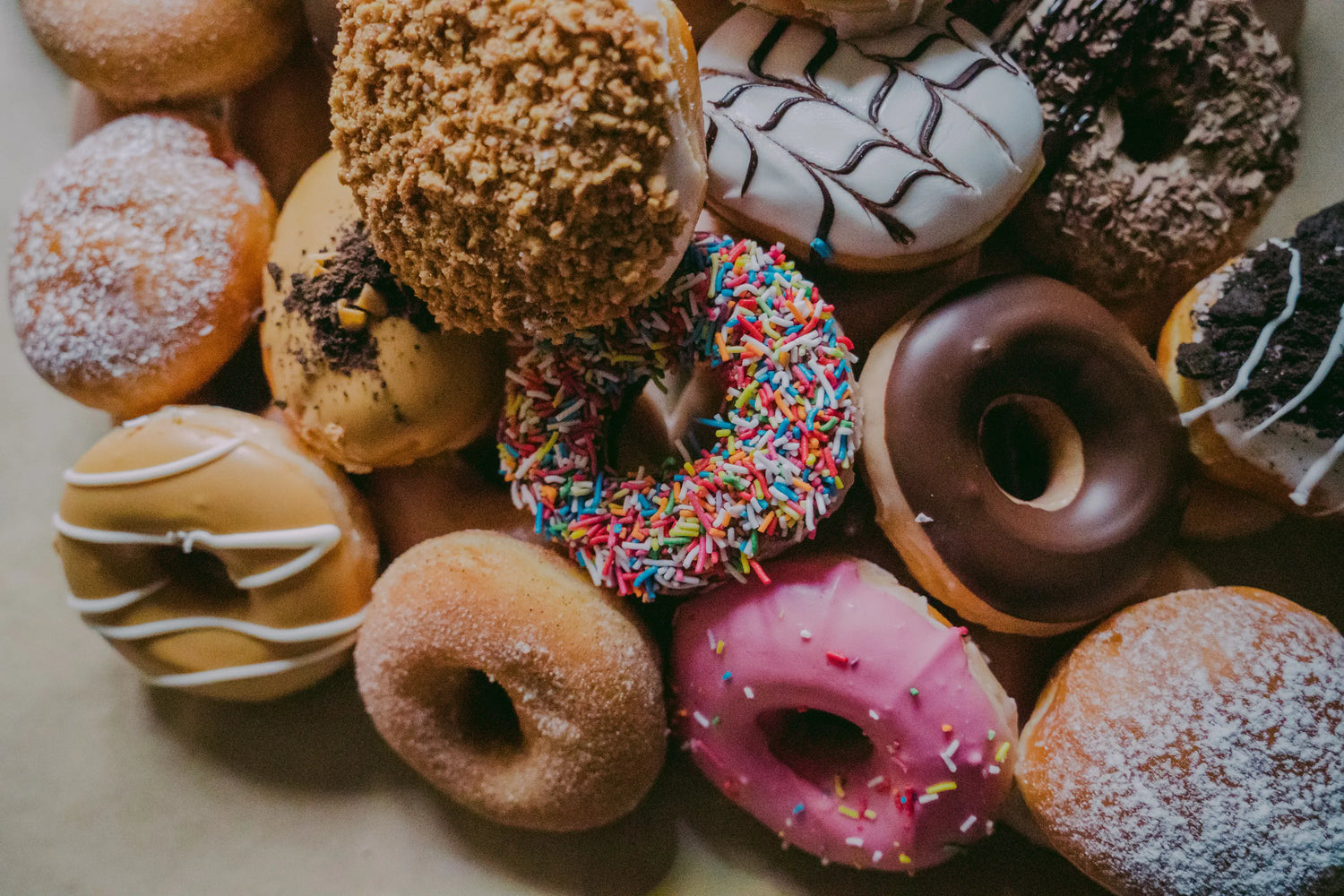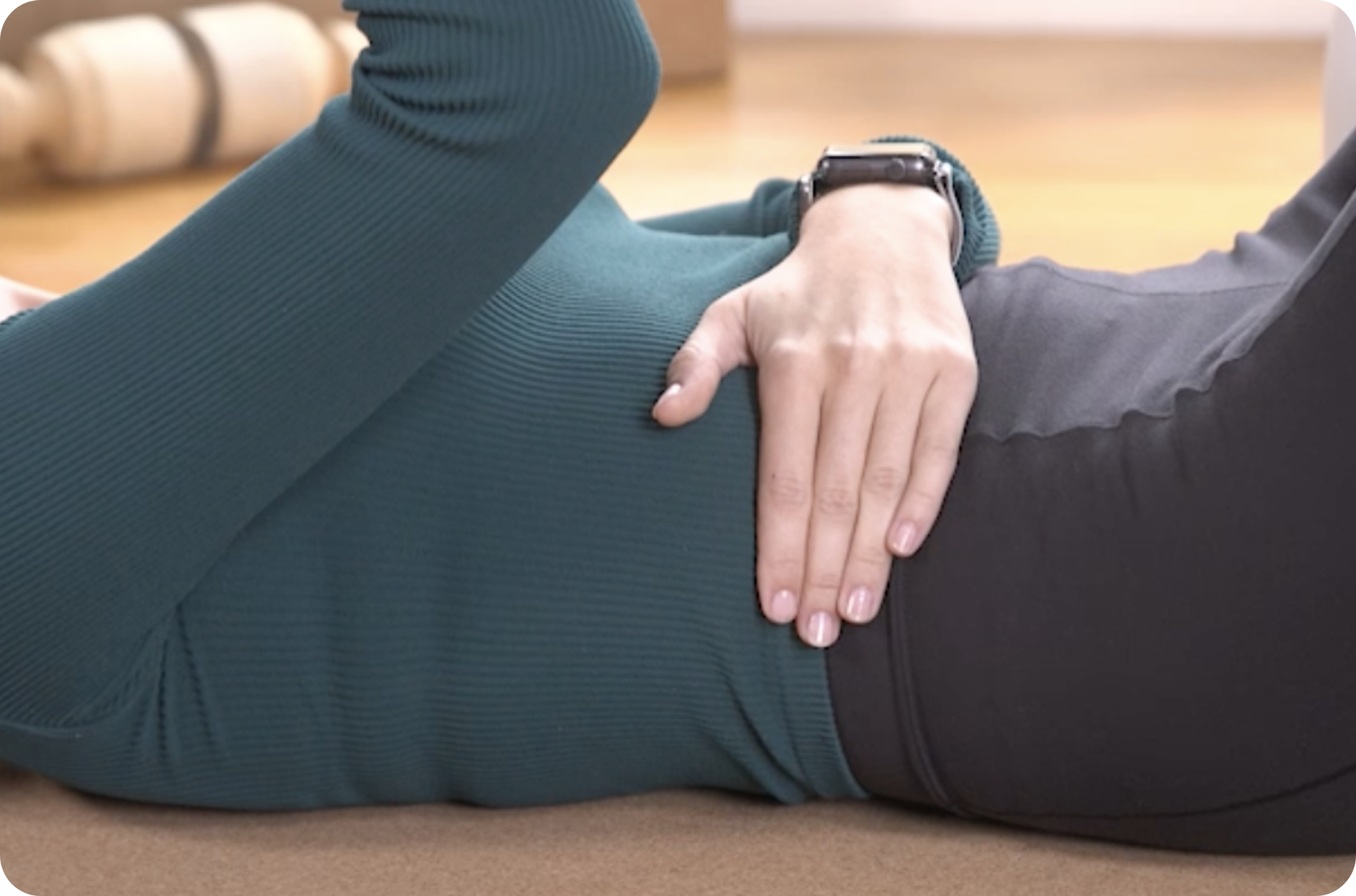Technology and innovation have led to incredible changes in today’s food production and processing. Sugar has made its way into so many of our foods that the average person now consumes SIXTY POUNDS of sugar per year, with 40% of that coming from heavily processed foods. (1) And, this probably won’t come as much of a surprise, but the leading nation in sugar consumption is…drumroll please…the United States…probably an award we don’t want to be winning. (2)
Reject that sweetheart
Turns out Mary Poppins wasn’t giving great advice when she sang “Just a Spoonful of Sugar” in 1964. It might help the medicine go down, but, according to research, it won’t do any favors for your heart. Researchers at Harvard University studied thousands of American adults over the course of 15 years and found that those who consumed 25 percent or more of their daily calories from sugar were more than twice as likely to die from heart disease as those whose diets included less than 10 percent of added sugar a day. What is particularly interesting in this study is that age, gender, daily exercise, or a person’s weight did not matter – if the person’s diet is high in sugar, regardless of other healthy behaviors, they have a higher risk of heart disease. (3)
With that said, there has been an abundance of research of obesity-related illnesses and heart disease is at the top of the list. But obesity is a multifactorial disease, with diet being one of the four potential contributors. Evidence suggests diets high in added sugar promote an increase in body fat accumulation, which then can lead to health issues like diabetes, high blood pressure, and high cholesterol – and those can all increase the risk of developing heart disease. However, it’s important to note that the impact of sugar consumption on weight gain and body fat accumulation remains a controversial topic. (4)
Not all sugars are created equal
The keyword used in the above study is ADDED SUGAR. It’s important to define “sugar” here.
For simplicity, we’ll break sugar down into two categories:
Natural Sugars: Like the name, this one occurs naturally in our foods. Think fruits, vegetables, and dairy.
Added Sugars: Again, like the name, these sugars are added to foods during the manufacturing or preparation process. Think white table sugar, honey, and maple syrup. But, there are other terms to keep in mind when reading an ingredient list:
- Agave Nectar
- Barley Malt
- Cane Juice
- Dextrose, Fructose, Maltose or Sucrose
- Molasses
- Rice Syrup
Natural sugar is digested slower than added sugar. This means your blood glucose levels don’t spike and drop as quickly as it does with added sugars. Dramatic peaks and valleys in blood sugar can cause what we call a “sugar crash”, where you feel hungry and irritable. Also, added sugars are the problematic child here because they hide in places most wouldn’t expect. For example, did you know there could be as much as half a teaspoon of sugar in your morning slice of toast? That makes it pretty easy to eat a lot of added sugar without even knowing it.
How much should you eat per day? Well, the American Heart Association recommends the below:
- No more than 100 calories (that's about 24g or 6 teaspoons) of added sugar per day for women.
- No more than 150 calories (that's about 36g or 9 teaspoons) of added sugar per day for men. (5)
Pour some (natural) sugar on me
Our bodies, particularly our brains, need glucose for fuel. Glucose = natural sugar = carbohydrates. Ever wonder why so many struggle to maintain a low carb diet long term? If you don’t feed your body glucose, it will have to get it from somewhere else and since your body isn’t getting the fuel it normally uses, it will slow the metabolism down so that the fuel it does have isn’t depleted too quickly. Quick fat loss on low carb diets sounds great, but it’s because the body has no other fuel source. So it turns to fat for fuel. On average, these restrictive diets last about three months because it’s pretty hard to fight the body’s natural carbohydrate (glucose) craving…it’s just trying to get some fuel. But, wait, this isn’t a pass to eat Skittles for breakfast, lunch and dinner. This is a point for natural sugar, not added sugar. Not all sugar is created equal when it comes to providing your body with fuel. Added sugars don’t contain any essential nutrients for the body to use for fuel. (6)
Tips to unsweeten your diet
There’s good news. Registered dietitian Kate Patton, MEd, RD, CSSD, LD, says you don’t have to completely cut sugar from your diet, but moderation is the key.
The big culprits of added sugars are sweetened beverages, grain-based treats, fruit drinks and dairy desserts. Harvard’s School of Public Health provided a few simple tips and tricks to help lower daily sugar intake:
Don’t Drink Your Sugar: According to the Journal of the American College of Cardiology, if a person drinks one 12-oz can of regular soda every day, without cutting calories elsewhere, they could gain up to 15 pounds over three years. Choose water, seltzer, herbal tea, coffee or other unsweetened beverages. If you need a little added flavor, try adding mint, lemon, lime, or even cucumber.
Be Yogurt-Conscious: Fruit-flavored yogurts can have a lot of added sugar (a surprising amount). Choose plain yogurt and stir in your own fruit.
Check the Cereal Box: Choose cereals with 5% of the Daily Value or less of added sugars.
Try the Natural Sweets: if you’re craving something sweet, first try having 1 cup of fresh fruit or ¼ cup of dried fruit. Really craving chocolate? Try a 1-ounce square of 75% dark chocolate.
Make Bake Swaps: When baking, you can reduce the amount of added sugar by substituting half of the amount with unsweetened applesauce or mashed ripe banana.
You Just Gotta Have It: If you choose to enjoy a sweet treat, try being mindful of enjoying the treat and seeing if having a smaller portion does the trick. (7)
And, guess what? Your taste buds are able to change! As you make small steps to reduce added sugar intake, you’ll notice that certain foods might even taste TOO sweet. You might even prefer the bowl of strawberries over the cookie. The more small changes you make over time, the more you might notice those cupcakes you used to crave are just too sweet now and you might just be sweet enough already!
Sources
(1) How much sugar is too much? (2022, June 2). www.heart.org. Retrieved October 14, 2022, from https://www.heart.org/en/healthy-living/healthy-eating/eat-smart/sugar/how-much-sugar-is-too-much
(2) Overview. (n.d.). Healthy Food America. Retrieved October 14, 2022, from https://www.healthyfoodamerica.org/sugartoolkit_overview
(3) Harvard Health. (2022, January 6). The sweet danger of sugar. Retrieved October 14, 2022, from https://www.health.harvard.edu/heart-health/the-sweet-danger-of-sugar
(4) NCBI - WWW Error Blocked Diagnostic. (n.d.). Retrieved October 14, 2022, from https://www.ncbi.nlm.nih.gov/pmc/articles/PMC6959843/
(5) Is Sugar Bad for Your Heart? (2021, May 20). Cleveland Clinic Health Essentials. Retrieved October 14, 2022, from https://health.clevelandclinic.org/is-sugar-bad-for-your-heart/
(6) Dooner, C. (2021, December 7). The F*ck It Diet: Eating Should Be Easy (Reprint). Harper Wave.
(7) Added Sugar. (2022, April 26). The Nutrition Source. Retrieved October 14, 2022, from https://www.hsph.harvard.edu/nutritionsource/carbohydrates/added-sugar-in-the-diet/















Leave a comment
All comments are moderated before being published.
This site is protected by hCaptcha and the hCaptcha Privacy Policy and Terms of Service apply.